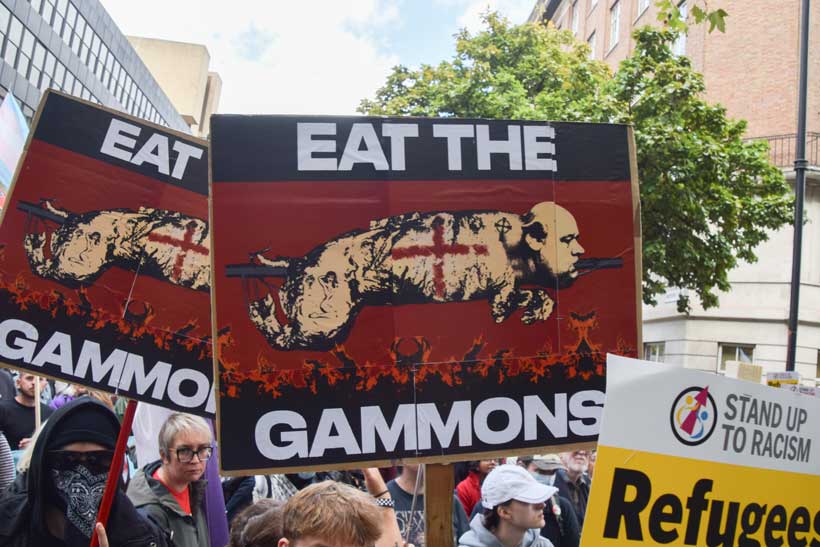U. S. President Donald Trump plans to hold a roundtable discussion on Wednesday about the antifa movement, which he has labeled a domestic “terrorist organization” responsible for left-wing violence. Trump’s focus on antifa intensified after the murder of conservative activist Charlie Kirk in September, although there is no public evidence linking antifa to his death, and the motive of the accused shooter is still under investigation. Trump has expressed his intent to act against groups he blames for violence, calling antifa a “sick, dangerous, radical left disaster,” and pledging to target its funding sources.
Antifa, short for “anti-fascist,” is described in a 2020 Congressional Research report as a decentralized movement without a formal structure or leader. Experts argue that antifa represents an ideology against fascism and white supremacy rather than a unified organization, which may protect its members under the First Amendment. The movement has historical roots dating back to early 20th-century Europe and gained attention in the U. S. after Trump’s election in 2016. It operates through independent local groups that collaborate on plans and tactics.
Antifa activists often function in small groups called “affinity groups” during protests and support “direct action,” which may include both peaceful demonstrations and violent acts. They also track and expose individuals they perceive as right-wing extremists. U. S. law enforcement has not connected antifa to any terrorist incidents, despite Trump’s previous attempts to designate it as a terrorist organization.
The government currently does not label domestic groups as terrorist organizations due to constitutional concerns, but a Justice Department official noted that such a designation would enhance investigative powers. Legal experts warn that labeling antifa as domestic terrorists could be legally problematic and infringe on free speech rights.


